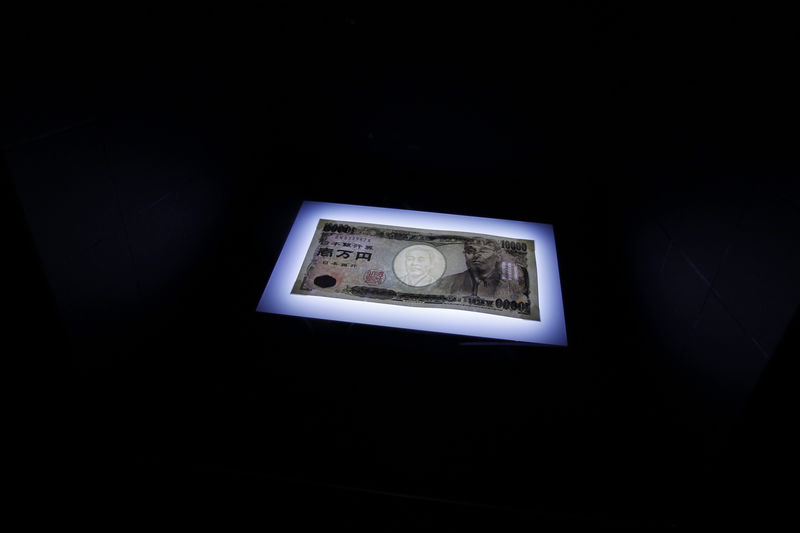* Australian dollar hits 10-month high as crude erases 7 pct loss
* Yen weakens as broad risk sentiment improvest
By Hideyuki Sano
TOKYO, April 19 (Reuters) - Commodity currencies soared on Tuesday with the Australian dollar hitting a 10-month high while the yen weakened broadly as a strong rebound in oil prices boosted risk sentiment.
The Australian dollar AUD=D4 rose to as high as $0.7778, its highest level in about 10 months. It last stood at $0.7767, up 0.25 percent from late U.S. levels on Monday.
The Canadian dollar CAD=D4 came close to a 9-month high of C$1.2750 per dollar hit a week ago, trading at 1.2774 in early Asia.
Both of them benefited from resilient oil prices, regaining all the losses that followed from disappointment when major oil producing countries failed to agree an output freeze on Sunday.
Brent futures LCOc1 traded essentially flat from late last week before the meeting, having erasing losses of almost 7 percent. A Kuwaiti oil industry strike helped to lift prices. risk appetite in broader financial markets also recovered, the U.S. dollar held the upper hand against the low-yielding yen.
The dollar gained 0.2 percent to 109.10 yen JPY= , turning positive on the week after a fall to one-week low of 107.75 on Monday.
"The markets' mood is becoming risk-on, easing stress on markets and supporting the dollar/yen," said Shusuke Yamada, chief Japan FX strategist.
The currencies showed a muted response to comments from central bank policy makers in the United States and Japan.
New York Fed President William Dudley, seen as close to the Fed's mainstream thinking, said on Monday U.S. economic conditions are "mostly favourable" yet the Federal Reserve remains cautious in raising interest rates because threats loom. the other hand, Boston Fed President Eric Rosengren said the Fed is set to hike interest rates more rapidly than investors currently expect - comments echoing many other regional Fed chiefs.
"There's a clear divide between the Fed governors and regional Feds and we have to see how this will pan out," said Ayako Sera, market strategist at Sumitomo Mitsui Trust Bank.
Bank of Japan Governor Haruhiko Kuroda said in an interview with the Wall Street Journal that the trend in inflation could be affected if the yen continued to appreciate excessively. the Federal Reserve and the Bank of Japan are due to hold policy meetings next week.
Traditionally, interest rate gaps between the U.S. and Japan have been a key driver of the dollar/yen exchange rates, although correlation has weakened considerable in recent months.
Ahead of the Fed and the BOJ, the European Central Bank will hold its policy meeting on Thursday.
The euro EUR= was little changed at $1.1307, extending its recovery from a two-week low of $1.1234, but it faced resistance around 1.1330.
Elsewhere, the Brazilian real fell more than two percent BRL= on Monday following a lower house vote to impeach President Dilma Rousseff.
